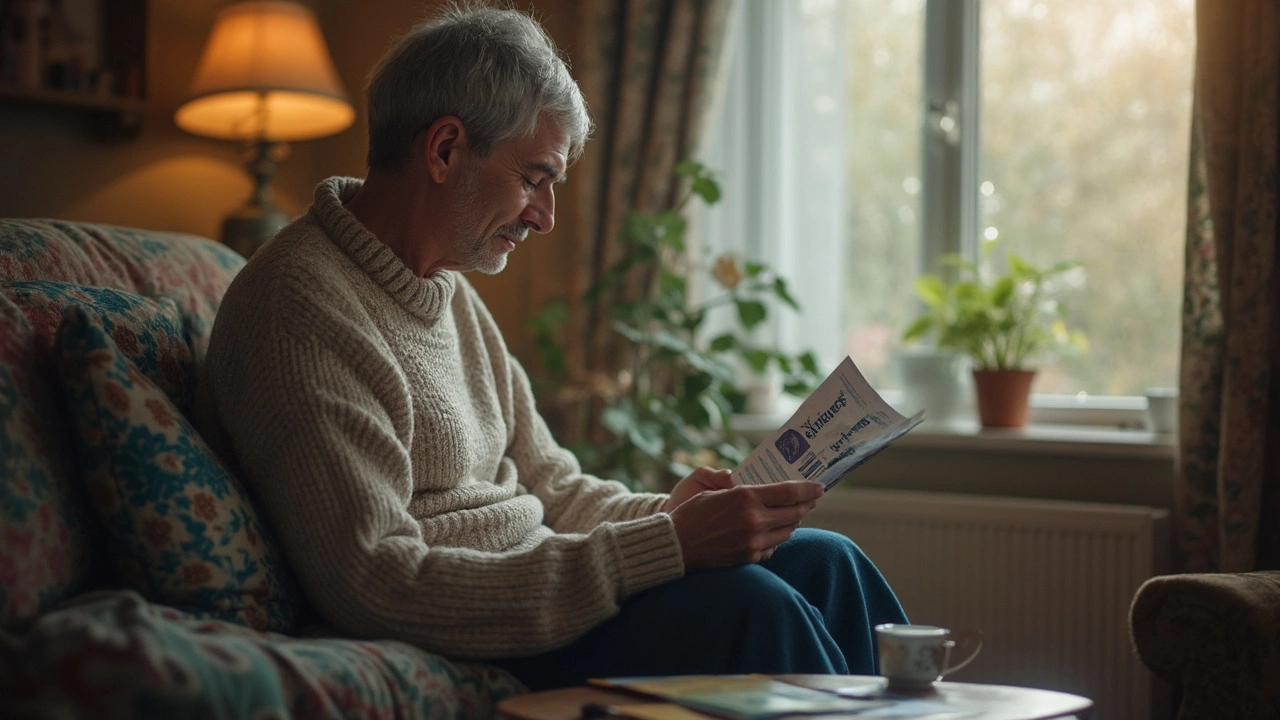If you or a loved one just got the word "chemotherapy," it’s normal to feel a mix of hope and worry. Chemotherapy is a group of medicines that aim to stop cancer cells from growing, but the process can seem confusing at first. This guide breaks down the basics in plain language so you know what’s coming and how to handle it.
Think of chemo drugs as a fast‑acting cleaning crew that hunts down cells dividing too quickly. Cancer cells multiply faster than normal cells, and most chemo agents target that rapid division. Some medicines stop the cell’s DNA from copying correctly; others block the chemicals cancer needs to grow.
Doctors choose a regimen—a schedule of one or more drugs—based on the type of cancer, where it started, and how far it has spread. A typical cycle might involve an infusion over a few hours, followed by a rest period that lets your body recover. The number of cycles varies; some people need just a few, others may have dozens.
Because chemo also affects healthy cells that divide quickly (like those in hair follicles and the gut), side effects are common. Hair loss, nausea, fatigue, and low blood counts top the list. The good news is most of these issues can be eased with the right tricks.
Keep a symptom diary—note what you feel, when it happens, and any remedies that work. Sharing this with your oncology team lets them adjust doses or add supportive meds quickly.
Nutrition matters too. Aim for protein‑rich foods (eggs, beans, lean meat) to help repair cells, and choose whole grains for steady energy. If the taste of food changes, experiment with herbs, sauces, or cold meals that are easier on a sensitive palate.
Emotional support is just as crucial. Talking with friends, joining an online forum, or seeing a therapist can lower anxiety and improve overall well‑being. Many hospitals offer counseling services specifically for chemo patients—don’t skip them.
Finally, stay organized. Write down appointment dates, medication schedules, and any questions you want to ask your doctor. A simple spreadsheet or phone app prevents missed doses and reduces stress.
Chemo isn’t a one‑size‑fits‑all journey, but understanding how it works and preparing for side effects puts you in the driver’s seat. With the right plan, you can focus on what matters most—fighting cancer and keeping your quality of life as high as possible.

Capecitabine is turning heads for its role in managing brain tumors, especially for people who’ve run out of traditional options. This article digs into how this oral chemo drug fits into treatment plans, how it works differently in the brain, and what side effects you might see. Get practical tips on what to expect, how to talk to your doctor, and the latest study results. Find out when capecitabine might make sense and its possible benefits for brain tumor patients. Stay informed on how this medication could impact brain tumor care moving forward.
View more